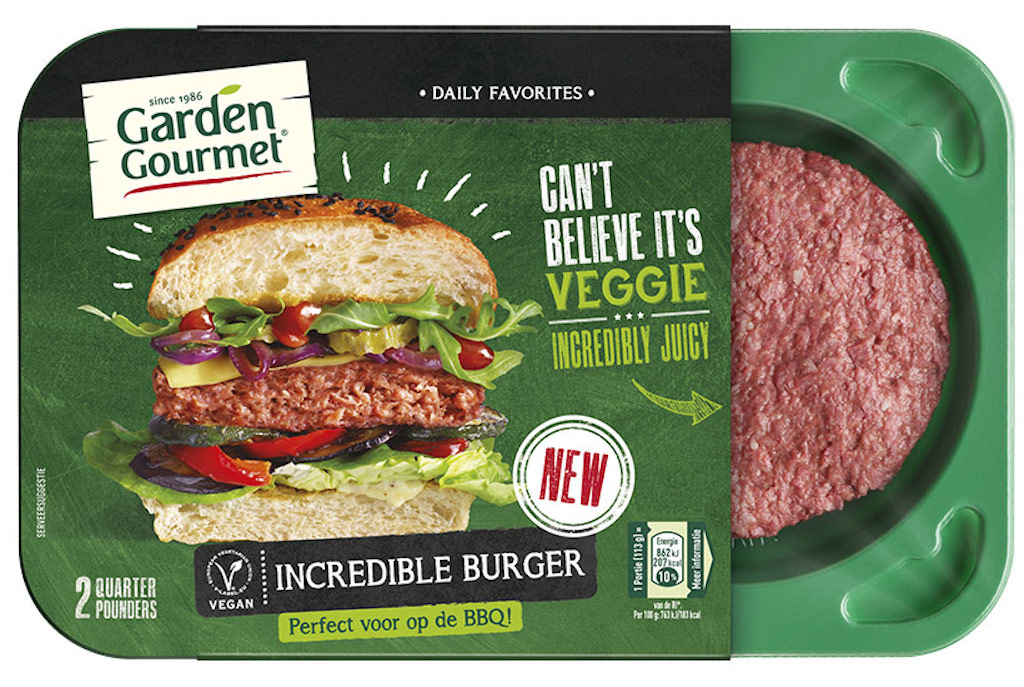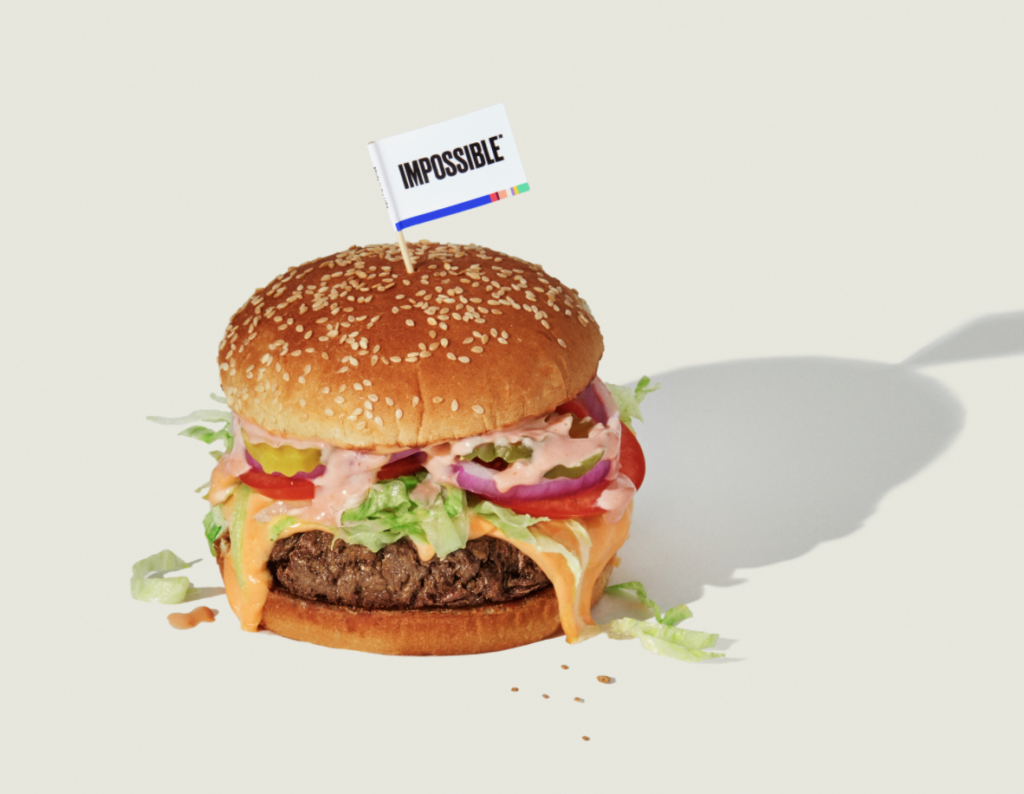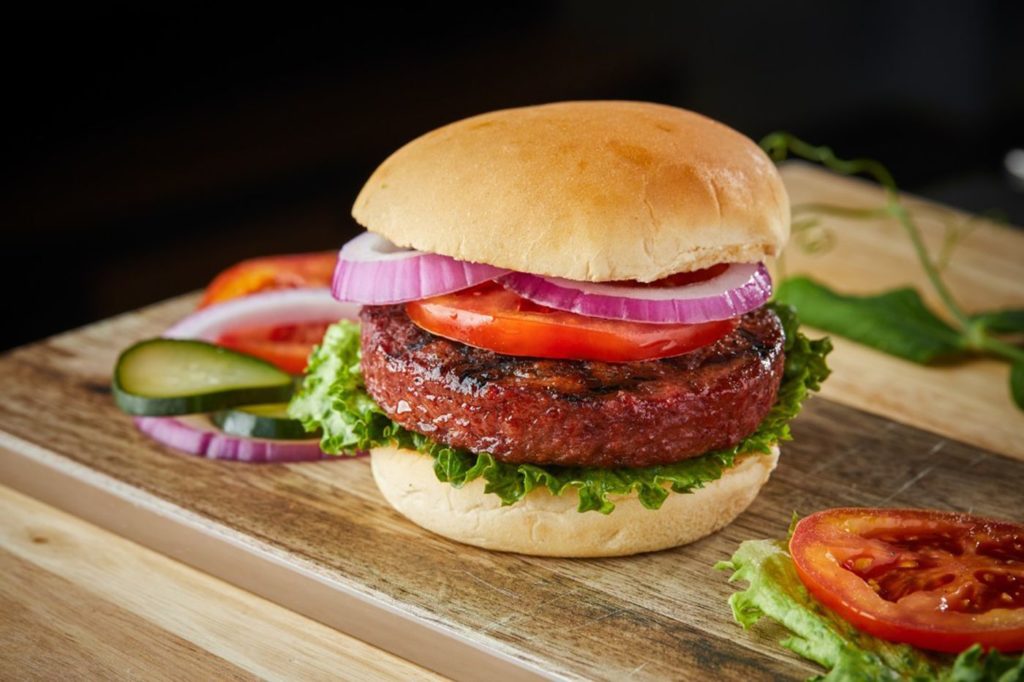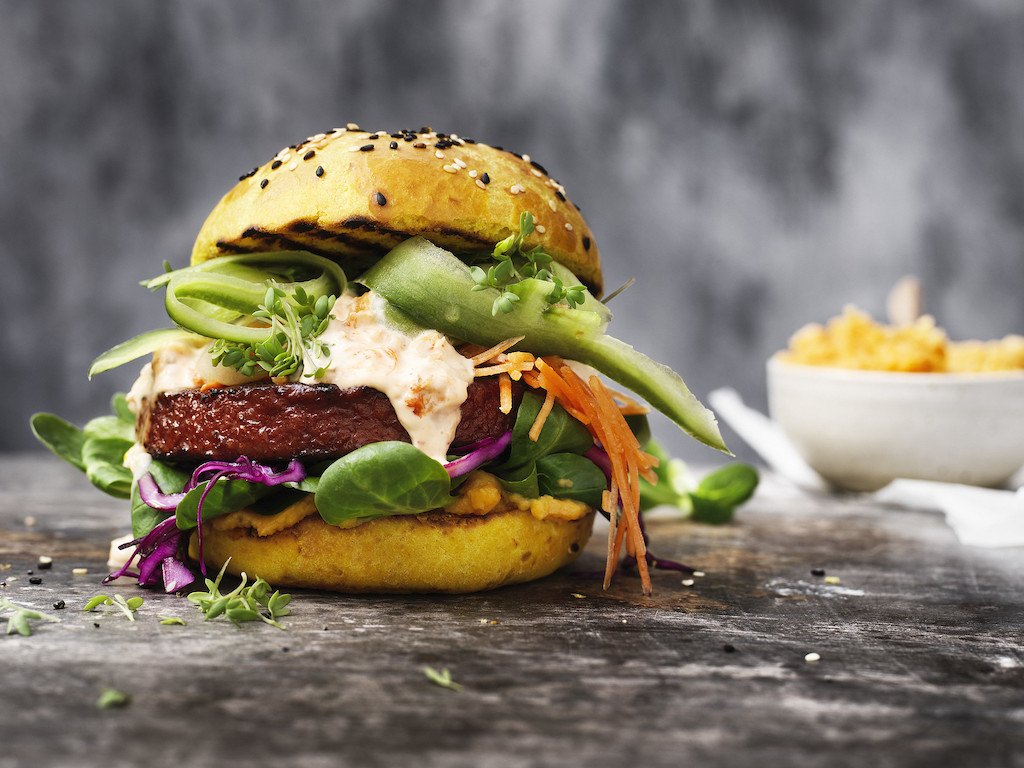3 Mins Read
Swiss food giant Nestlé has just lost a legal challenge from Silicon Valley startup Impossible Foods, the makers of the “bleeding” heme-filled plant-based burger patties. The ruling means that Nestlé will have to rename its existing plant-based “Incredible Burger” sold across the European Union under its brand Garden Gourmet.
Following a court ruling in favour of the legal claim submitted by Impossible Foods, Nestlé will have to rebrand its Garden Gourmet Incredible Burger across the European Union. The District Court in The Hague decided Nestlé had infringed on Impossible Foods’ trademarks, which could confuse consumers.
Nestlé has four weeks to withdraw the old product name from supermarket shelves, or may face a daily fine of €25,000 (US$27,800).

“We are disappointed by this provisional ruling as it is our belief that anyone should be able to use descriptive terms such as ‘incredible’ that explain the qualities of a product,” said a Nestlé spokesperson in a statement.
“We will of course abide by this decision, but in parallel, we will file an appeal.”
The Swiss food and beverage conglomerate’s current plant-based Incredible Burger launched in April last year, and is sold in 15 countries across Europe. It is made out of soy and wheat protein. It’s other plant-based burger product, the Awesome Burger, is sold in the United States under the brand Sweet Earth, which is primarily made of yellow pea protein.

To comply with the court ruling in the meantime before an appeal is filed and approved, Nestlé’s plant-based burgers sold in the European Union will have to be renamed the Sensational Burger.
“In Europe we offer plant-based burgers, grounds and a new sausage line under our Garden Gourmet brand. As we prepare to unveil a new burger recipe across the continent, we’re excited to announce a new name befitting this innovation: the Garden Gourmet Sensational Burger,” said a spokesperson for the company.
Nestlé has made clear its plans to aggressively pursue the quickly growing plant-based food market in recent months. In January, the multinational said that it wants to launch vegan items across all its established brands, lines and categories, and that it believes plant-based is the key to “reviving” some of its older stagnant products.

It recently made headlines for its latest US$103 million investment injection into China, which was widely advertised to be used to set up a plant-based food factory in the country. However, upon further investigation by Green Queen, a large share of the investment will be split to help boost the company’s existing unsustainable dairy snack production and ramp up its pet food line, casting doubt on the authenticity of the firm’s plant-based commitments.
What’s clear, however, is that the mainstream food industry has no choice but to adapt to the growing appetite for healthier and more sustainable meat-free options, especially in light of consumer concerns about food safety due to the coronavirus.
In the past month alone, major food companies have begun to embrace plant-based meats, including Starbucks China, who has partnered up with leading food techs Beyond Meat, Oatly and Omnipork to offer a new vegetarian menu across its 3,300 locations nationwide. In Hong Kong, General Mills-owned frozen dumpling brand Wanchai Ferry launched a vegan Omnipork dumpling at price parity with its other conventional meat products in over 600 supermarkets in the city.
Lead image courtesy of Nestlé / Garden Gourmet.




